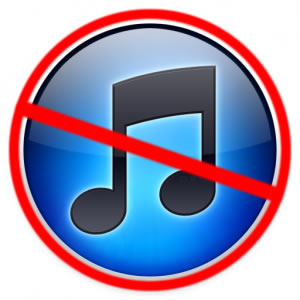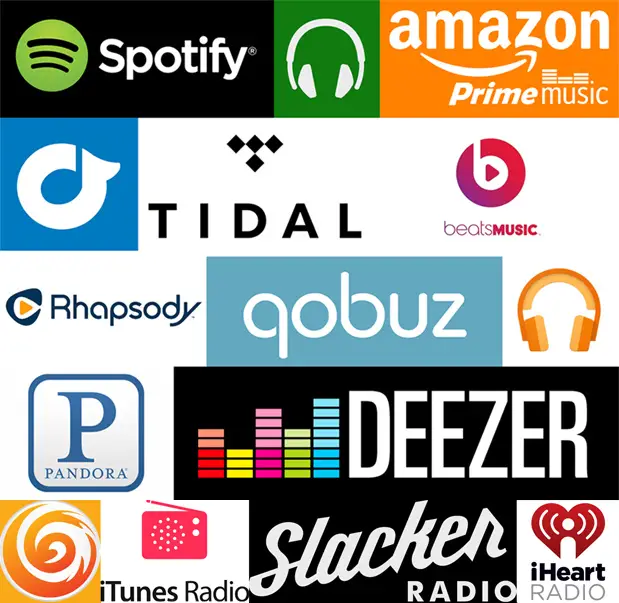
Why are people happy that iTunes is going away? Let me count the ways.
[This was my weekly column for GlobalNews.ca. – AC]
At its annual World Wide Developers Conference last Monday, Apple killed off iTunes, an execution by dismemberment. No one wept.
The program has become bloated, unwieldy, sometimes unpredictable, and a generally lousy user experience — not the kind of thing you want from a company that proclaims that its stuff “just works.”
Things were once so much simpler.
When Steve Jobs returned to Apple in the summer of 1997, one of the things he believed the company needed to do was own the digital music space. Rather than build a music management program from scratch, Apple in 2000 bought a nimble little startup called SoundJam MP which allowed users to rip their CDs to digital files and organize music libraries.
Renamed iTunes, and introduced at MacWorld on Jan. 9, 2001, Version 1.0 added the ability to burn mix CDs. It was promoted as easy-to-use music management software for Macintosh computers. And it worked fine.
Then it became available for Windows machines in 2003. And while there was some clunkiness when it came to transitioning to another platform, iTunes was still better than most programs.
But over the 12 versions and multiple incremental updates we’ve seen in the last 18 years, iTunes was asked to do so much more. Too much.


